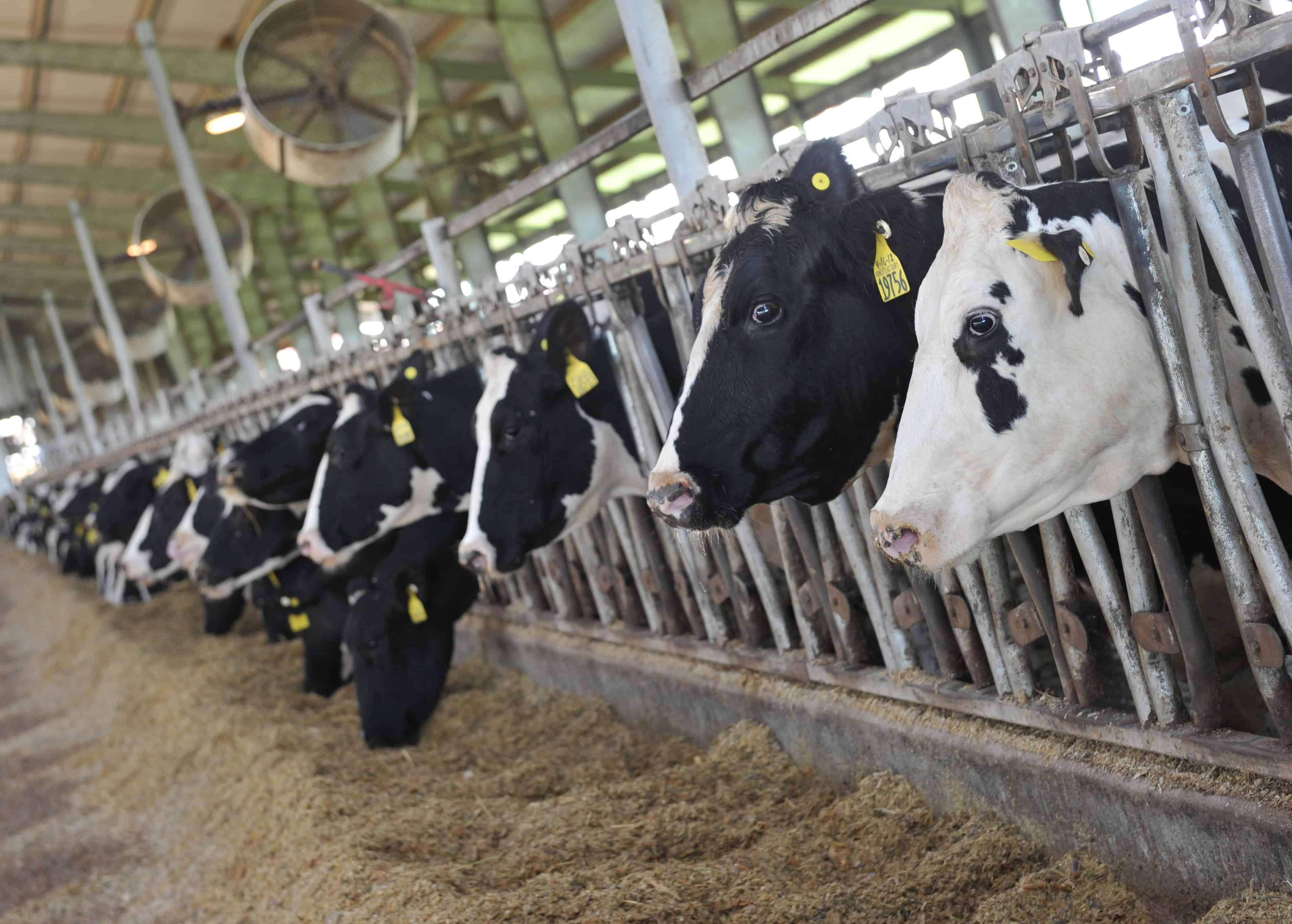WASHINGTON, D.C. – Canada and Mexico won WTO approval Monday to impose some $1 billion a year in trade sanctions against the United States over its country-of-origin labeling requirement for beef and pork.
An arbitration panel at the Geneva-based World Trade Organization ruled that the U.S. policy, known by its acronym COOL, was unfair because it puts imported livestock at a disadvantage to domestic livestock.
The panel concluded that Canada and Mexico, partners with the U.S. in the North American Free Trade Agreement, could apply retaliatory tariffs on U.S. exports.
Canada, the largest U.S. trade partner, is authorized to impose up to CAD$1.05 billion (US$780.3 million) in sanctions annually in the goods sector, while Mexico can levy up to $227.8 million a year in retaliatory tariffs.
COOL requires labeling that states where livestock animals are born, where they are raised, and where they are slaughtered.
The labeling law, popular with U.S. consumers for giving greater transparency to their food purchases, was enshrined in the 2002 five-year Farm Bill. Congress strengthened it in 2013, even as Canada and Mexico were challenging the policy at the WTO.
The U.S. meat industry, as well as Ottawa and Mexico City, have campaigned against COOL as an unfair and costly burden on producers.
“Country of origin labeling harms Canadian and Mexican livestock producers as well as U.S. processors and producers. It also disrupts the highly integrated North American meat industry supply chain,” the Canadian government said in a statement after the WTO ruling.
“Since 2011, the World Trade Organization has repeatedly ruled that COOL discriminates against Canadian and Mexican cattle and hogs and violates the trade obligations of the United States,” it said.
President Barack Obama’s administration moved Monday to defuse the WTO decision, saying it would work with the U.S. Congress on alternatives to the labeling law.
“We are disappointed with this decision and its potential impact on trade among vital North American partners,” said Tim Reif, general counsel for the Office of the U.S. Trade Representative, in a statement.
“We will continue to consult with members of Congress as they consider options to replace the current COOL law and additional next steps. In the meantime, if Canada and Mexico take steps to raise import duties on U.S. exports, it will only harm the economies of all three trading partners.”
Advocacy group Public Citizen said that the WTO decision was an example of how trade pacts can undermine the public interest.
“Today’s ruling makes clear that trade agreements can — and do — threaten even the most favored U..S consumer protections,” said Lori Wallach, director of Public Citizen’s Global Trade Watch.
“We hope that President Obama stands by his claim that ‘no trade agreement is going to force us to change our laws,'” she said.
“But in fact rolling back U.S. consumer and environmental safeguards has been exactly what past presidents have done after previous retrograde trade pact rulings.”






